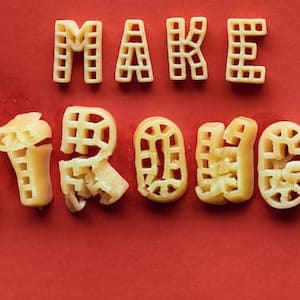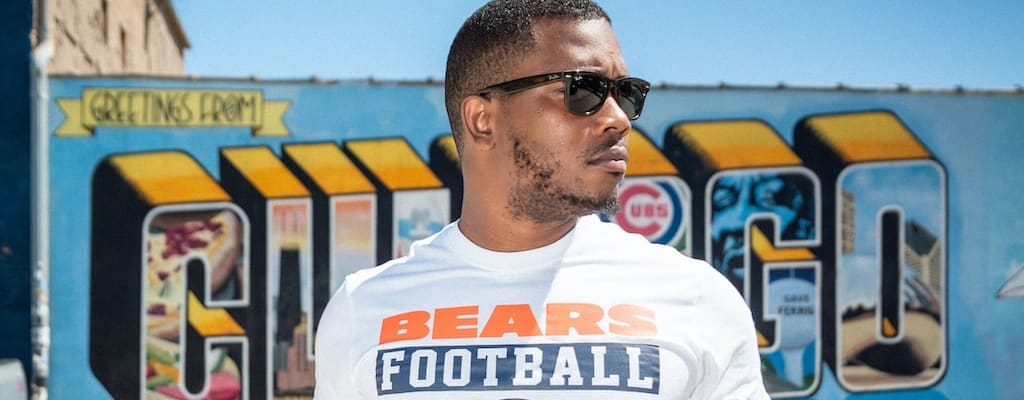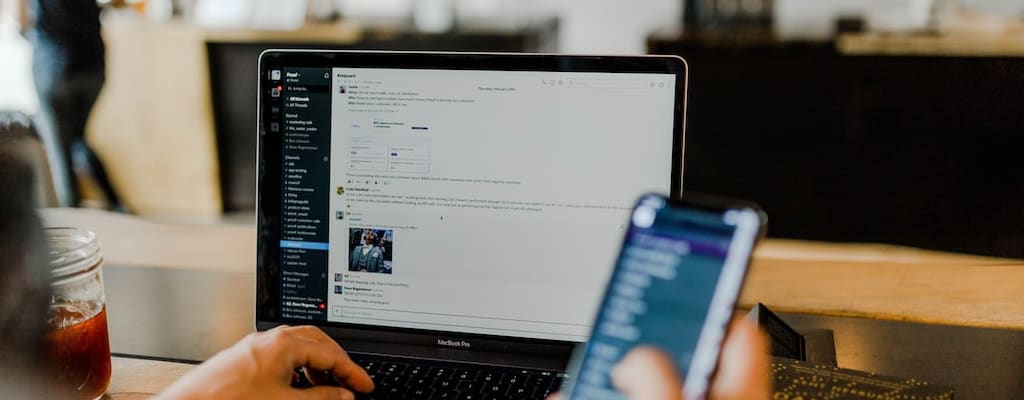best regards: Idiom Meaning and Origin
What does ‘best regards’ mean?
Best regards is an idiomatic phrase commonly used to convey polite and respectful well-wishes in written correspondence. It is typically used as a closing salutation to express good intentions towards the recipient.

Idiom Explorer
The idiom "warmest regards" is used to express a very sincere and affectionate farewell or closing in a written communication.
A "civil tongue" means speaking politely and respectfully, without using offensive or rude language.
The idiom "bugger off" is a colloquial expression used to tell someone to leave or go away in a rude or dismissive manner.
The idiom "bow down" means to show great respect or submission to someone or something.
The idiom "blow a kiss" means to send a kiss to someone by making a motion with your lips and gently exhaling, often used to express affection, love, or farewell.
The idiom "bless you" is an expression used after someone sneezes, typically followed by "thank you." Historically, it stems from the belief that sneezing could cause the soul to escape the body, so saying "bless you" was a way to protect the person and their soul. Nowadays, it is mostly a polite gesture without religious connotations.
"Best pleased" is an idiom that means to be extremely satisfied or delighted with something. It conveys a sense of great happiness or contentment with a particular situation or outcome.
The idiom "best of the bunch" means the most outstanding or superior among a group of similar things or people.
The idiom "best of both worlds" means to have the advantages or benefits of two different things or situations simultaneously.
The Ultimate Salutation: Explained
Best regards is a common idiom in English, used as a closing in formal correspondences. It is a polite and respectful way to end a message and convey good wishes to the recipient. The phrase combines the adjective "best" with the noun "regards," expressing the sender's highest regard and good wishes. It is believed to have originated in the late 18th or early 19th century, though its exact origin is unknown.
The usage of "best regards" has become widespread over time, especially in professional settings like business emails. It serves to maintain a professional tone while conveying well wishes to the recipient. However, it's worth noting that other similar phrases can be used interchangeably, depending on the context and desired level of formality. These alternatives include "sincerely," "yours truly," "warm regards," and "kind regards."
warmest regards is another idiomatic expression related to best regards. Just like best regards, warmest regards is commonly used as a closing in formal written correspondences. It conveys a similar sentiment of good wishes and respect, but with a slightly warmer tone. The use of "warmest" implies that the sender holds a particularly deep or sincere regard for the recipient. It is often used when the sender wants to convey a more personal or intimate relationship with the recipient.
best pleased is another idiomatic expression related to best regards. However, it has a different meaning and usage. "Best pleased" refers to a state of extreme happiness or satisfaction. It conveys a feeling of being highly pleased or delighted about something. It can be used to express joy, satisfaction, or pride. This idiomatic expression is not commonly used as a closing in formal correspondences like "best regards" or "warmest regards," but is used more in casual conversation or informal writing.
best of the bunch is another idiomatic expression that is unrelated to best regards. It refers to someone or something being the best or the most exceptional among a group. It is often used to describe someone or something standing out or being superior compared to others. This idiom is not generally used as a closing in formal correspondences like "best regards," but is used more in casual speech or informal writing to express admiration or praise.
"best regards" is a widely accepted idiom used as a polite and respectful way to end formal written correspondences. Its origins are unclear, but it has gained prominence in modern English. Other similar phrases like "sincerely," "yours truly," "warm regards," and "kind regards" can also be used interchangeably depending on the desired level of formality. Additionally, idiomatic expressions like "warmest regards," "best pleased," and "best of the bunch" have different meanings and usage in relation to "best regards."
Example usage
Examples of how the idiom "best regards" can be used in a sentence:
- She ended her email with "Best regards" as a polite way to express her well wishes.
- After a pleasant conversation, he bid farewell to his colleague with a smile and said, "Best regards."
- The letter concluded with the author's appreciation and best regards to the recipient.
More "Greetings" idioms



